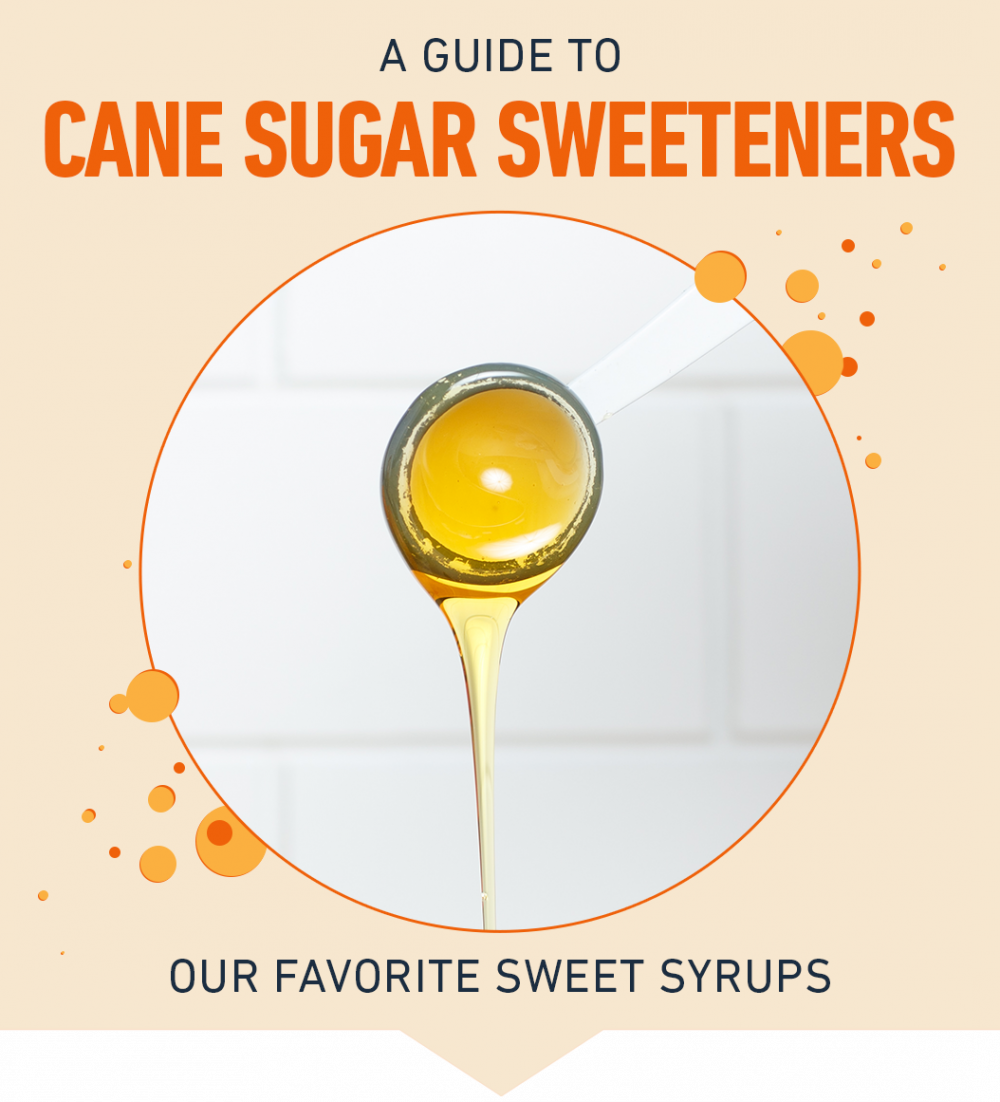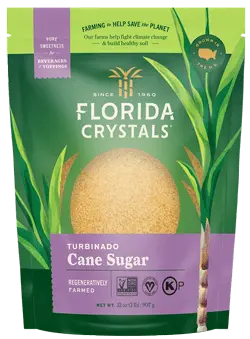The Scientific Research Behind Cane Sugar Processing: Exactly How Sweetness is Refined
Wiki Article
Comprehending the Vital Techniques and Technologies Employed in Modern Cane Sugar Processing
The development of walking stick sugar processing has actually been significantly formed by the combination of innovative methods and modern technologies that deal with both performance and sustainability. Enzyme-assisted removal and innovative refining methods have actually revolutionized return optimization, while automation helps with operational dependability. Additionally, the focus on lasting methods reflects an expanding recognition of environmental impact. As we explore these crucial advancements, it ends up being vital to take a look at exactly how they not only enhance production yet also straighten with broader market trends and consumer needs, questioning concerning the future of sugar processing and its effects for worldwide markets.Historic Context of Cane Sugar Handling
The historical context of walking stick sugar handling reveals an abundant tapestry of farming development and cultural exchange that has actually shaped its growth over centuries. The procedure of extracting and improving sugar gained momentum in India, where approaches for crystallization were perfected around the Sixth century.
Advanced Extraction Techniques
Efficiency in cane sugar removal has seen significant innovations, driven by the requirement for higher yields and reduced manufacturing expenses. This strategy not only raises sugar return but additionally decreases the energy required for handling.In addition, the adoption of membrane filtering innovations, such as nanofiltration and reverse osmosis, has transformed the splitting up of sugar from pollutants. These techniques allow for the discerning permeation of sugar particles while retaining bigger impurities, enhancing the removal procedure and decreasing waste.
In addition, the assimilation of constant removal systems has actually resulted in improved functional efficiency. Cane Sugar Processing. These systems maintain a constant flow of walking cane material, making certain ideal removal conditions and decreasing downtime associated with batch handling
Innovative Refining Technologies
Refining methods in cane sugar handling have gone through a transformative shift, driven by the need for higher pureness and boosted item top quality. Among one of the most significant advancements is the fostering of membrane layer filtration technologies, such as ultrafiltration and nanofiltration. These procedures effectively get rid of impurities and colorants without the requirement for extensive chemical therapies, thus maintaining the sugar's all-natural taste and enhancing its appeal.Another significant advancement is the usage of ion exchange materials, which allow for selective elimination of unwanted ions from sugar solutions. This technology not only raises the total pureness of the end product yet likewise adds to reduced waste and ecological influence.
Furthermore, improvements in adsorption strategies, utilizing activated carbon and various other advanced products, have actually confirmed effective in decolorizing sugar remedies while preserving optimum top quality. The integration of these innovative refining modern technologies ensures that manufacturers can create refined sugar with exceptional quality and taste, satisfying the evolving preferences of consumers.
Automation and Control Systems
Current developments in refining modern technologies have led the way for substantial improvements in automation and control systems within cane sugar more helpful hints processing facilities. These systems use sophisticated software and equipment to enhance operational performance, minimize human mistake, and guarantee constant product top quality.Modern automation integrates various elements, consisting of sensing units, actuators, and programmable logic controllers (PLCs), enabling real-time tracking and control of essential procedures. For example, temperature, flow, and pressure prices can be specifically regulated during extraction, clarification, and condensation stages, optimizing efficiency and reducing waste.
Furthermore, progressed data analytics and equipment knowing algorithms play a crucial role in anticipating upkeep, enabling drivers to anticipate tools failings before they happen. This aggressive technique not just decreases downtime yet additionally prolongs the lifespan of machinery.
On top of that, automation facilitates the application of Industry 4.0 principles, encouraging sugar mills to attain higher connection and information exchange across processes. Therefore, decision-making ends up being even more educated and dexterous, ultimately improving the total competitiveness of cane sugar manufacturing. With these advancements, the industry is well-positioned to meet expanding international needs while preserving functional quality.
Sustainability Practices in Sugar Production
Sustainability practices in sugar manufacturing have actually ended up being increasingly vital as the sector looks for to stabilize financial feasibility with ecological duty. As customer understanding grows pertaining to the environmental effects of agricultural methods, sugar producers are adopting ingenious approaches to decrease their ecological footprint.One considerable strategy is the application of accuracy farming methods, which use information analytics to optimize resource use, such as water and fertilizers. This lowers waste and decreases the effect on local environments. Furthermore, several manufacturers are transitioning to sustainable energy resources, such as biomass from sugarcane results, to power their procedures, consequently reducing reliance on nonrenewable fuel sources.
Water administration techniques are likewise crucial; rainwater harvesting and reliable watering systems help minimize water deficiency issues. Cane Sugar Processing. Additionally, incorporated insect administration methods decrease chemical use, promoting biodiversity and soil health and wellness
Corporate social duty campaigns are emerging, with firms purchasing neighborhood communities and making sure fair labor techniques. By welcoming these sustainability techniques, the sugar sector not just enhances its credibility but also adds to a more sustainable farming landscape, leading look here the way for future generations.

Final Thought
In summary, contemporary cane sugar processing integrates an array of innovative techniques and technologies that substantially improve sustainability, efficiency, and return. The fostering of innovative extraction and refining approaches, alongside automation and control systems, facilitates enhanced operational efficiency and item quality. Furthermore, the emphasis on sustainable techniques emphasizes a commitment to minimizing environmental influence and promoting moral manufacturing. Collectively, these innovations position the walking cane sugar sector to satisfy contemporary needs while addressing vital worldwide challenges.The advancement of cane sugar processing has actually been significantly formed by the combination of advanced techniques and innovations that resolve both efficiency and sustainability.The historical context of walking stick sugar processing discloses a rich tapestry of farming advancement and cultural exchange that has formed its development over centuries. Advancements in milling and refining arised, laying the Go Here foundation for modern walking stick sugar handling.Refining methods in walking stick sugar processing have actually gone through a transformative change, driven by the demand for greater purity and improved item top quality.In summary, modern-day cane sugar processing integrates a range of advanced techniques and technologies that dramatically improve sustainability, performance, and return.
Report this wiki page